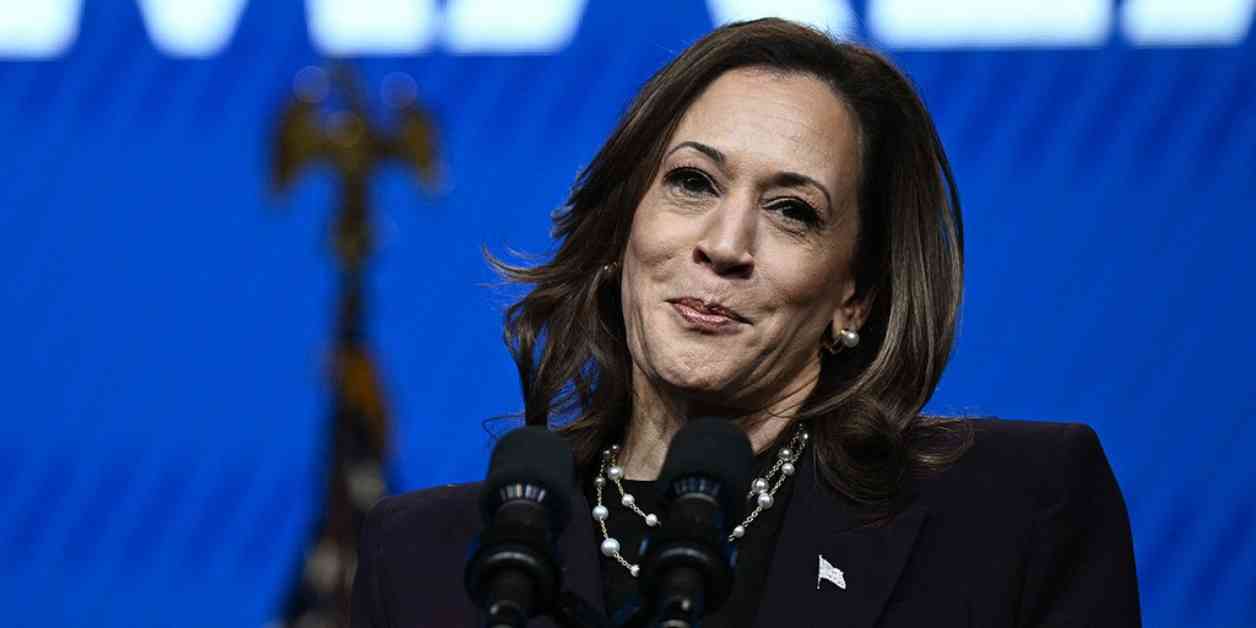Vice President Kamala Harris has changed her stance on supporting a fracking ban, according to a recent report. This is a shift from her previous position during the last presidential election when she stated her favor for banning fracking. Before joining President Biden’s ticket, Harris expressed her support for a fracking ban during a CNN town hall and even cosponsored the Green New Deal in 2019 which included a ban on fracking.
Despite Harris’ previous support for banning fracking, Biden’s campaign and administration have not backed this idea. Biden himself once mentioned during a primary debate that they would ensure fracking is eliminated, but later clarified that he supports eliminating subsidies for coal and gas and deploying carbon capture instead.
Since Harris became the presumptive Democratic nominee after Biden endorsed her, she has moderated some of her more progressive positions from her 2019 run. However, Trump has been quick to label her as a “radical liberal” and has criticized her for being the driving force behind what he perceives as Biden’s failures.
Trump has accused Harris of wanting to ban fracking, which he believes would result in higher costs for consumers. Harris’ campaign has denied these claims, stating that Trump’s accusations are meant to distract from his own plans that benefit oil and gas executives at the expense of the middle class. They also highlighted the progress made in energy production and job creation under the Biden-Harris Administration.
Critics of Harris, such as National Republican Congressional Committee spokesman Mike Marinella, have expressed concerns about her progressive policies, including support for a fracking ban. They believe that such a ban would be detrimental to workers and families and that the Democratic Party’s push for Harris to replace Biden shows a disconnect with their voters.
It is essential to consider the potential economic and environmental impacts of a fracking ban before making any decisions. As the debate continues, it is crucial for policymakers to weigh the pros and cons carefully to ensure a balanced approach that considers both economic and environmental concerns. This ongoing discussion will likely shape future energy policies and regulations in the United States.





















